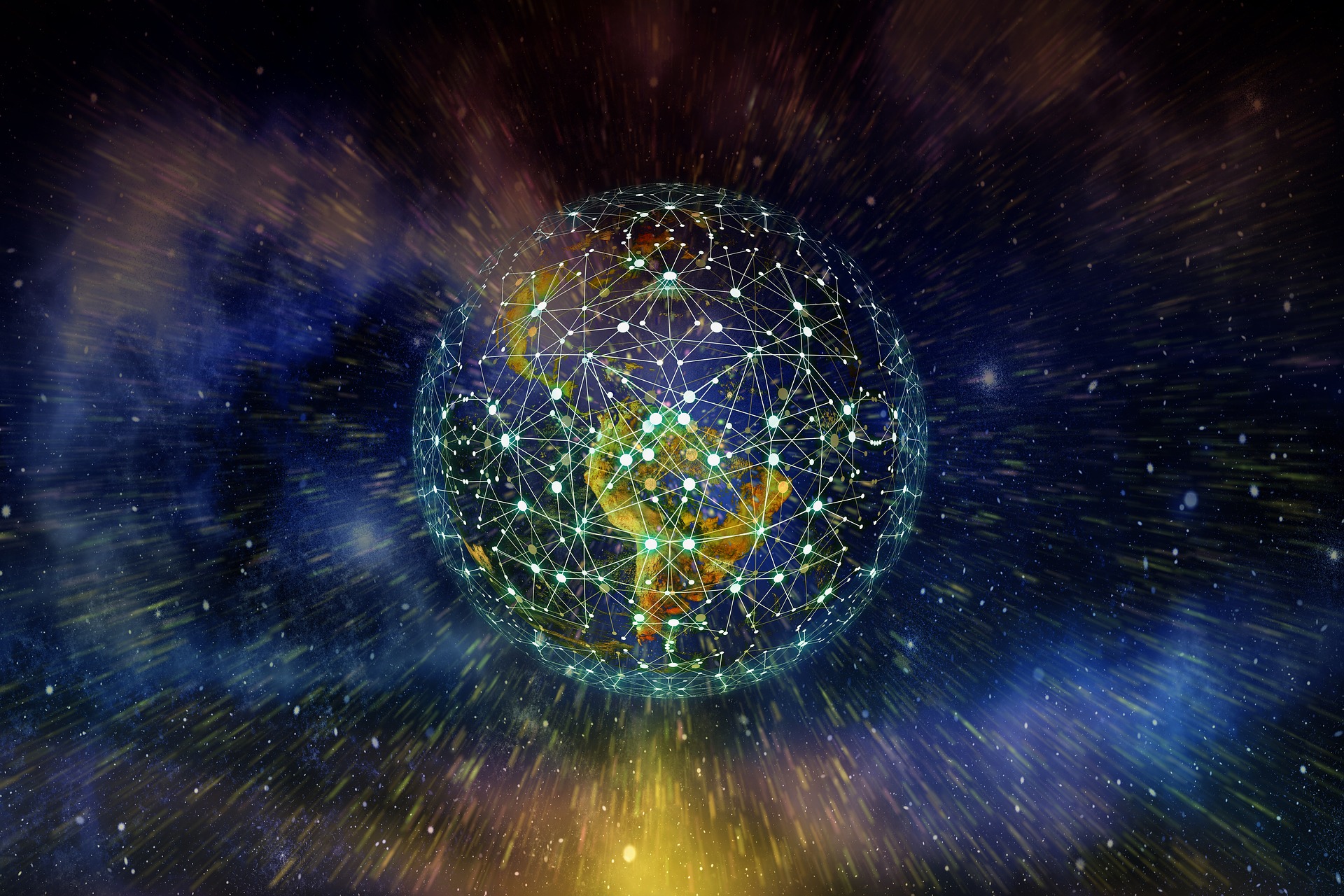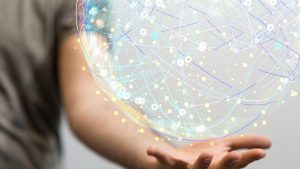The New York Times has reported on a court ruling denying authorship of a work created entirely with computer resources.
Stephen Thaler, an American designer, claimed authorship of “A Recent Entrance to Paradise”, a visual work of art in the form of several pixels, reproducing train tracks in nature. It is not known which platform was used by Thaler, but the court ruling was based on the fact that the work was not created by the human spirit.
The news caused a furor in the market, as it was one of the first official judicial manifestations of the clash of the century: are there copyrights in creations generated by computer intelligence?
However, it is necessary to go back in time, because the issue, although modern, is not new. In the 1950s, the French philosopher Roland Barthes drew attention to the archaic notion of authorship. According to him, the collective is full of references, limiting creation to the pure combination of pre-existing texts in new forms. Hence the term author would be a misnomer, and the expression scriptor would be more appropriate to define an intellectual creator.
For Brazilian jurist Denis Borges Barbosa, there must be a minimum contribution of originality as an activity of its own, in other words, one that adds something new to the existing reality. Intellectual creation must therefore represent an objective contribution to society as an intellectual contribution.
It should be said that José de Oliveira Ascensão’s position is along the same lines, so that originality and novelty are two indispensable requirements for the recognition of authorship and, consequently, the object of legal protection.
Therefore, when you have generative artificial intelligence, i.e. a type of intelligence that uses algorithms that are capable of generating content such as text, images, videos, among others, whose quality is so high, so high, that it is difficult to distinguish it from that created by a human, what is at stake is whether the component of originality actually exists.
By way of example, the generation three model of Chat-GPT, hence the widespread branding of Chat-GPT 3 by OpenIA (which is already in generation four), has the capacity to process 175 billion machine learning parameters. In simple words, these are so-called artificial neural networks, whose computer models, inspired by the central nervous system of humans (in particular the brain), are capable of recognizing patterns, computer vision (as in autonomous vehicles and security sensors), detecting events and objects, interacting and also recognizing voices (Hi Alexa?). As explained, the quality of the text generated by Chat-GPT 3 is so high that it is difficult to distinguish it from that written by a human, hence its recent controversies.
Therefore, with regard to creative transformation, the creative interference of the human spirit in the content produced by generative artificial intelligence is highly recommended. If a text, image, sound or content in general created by them does not undergo this intervention, even with minimal input from the user, the chances are high that copyright protection will not be recognized. And this is what the court ruling reported by the American newspaper was all about.
Like Pandora’s Box, all the problems and clichés that have historically been aimed at machines, such as the fear that they will finally replace humans, have once again become a hot topic. But as in Greek mythology, there is hope, namely that generative artificial intelligence will allow an exponential advance in scientific knowledge in favor of humanity and make the human race move forward, to paraphrase the beatnik Jack Kerouac.
But remember: generative artificial intelligence is not capable of reflecting, feeling emotions, empathizing or forming original reasoning. Nor is it capable of social understanding, cognitive flexibility, improvisation and creativity in unusual and atypical situations, as well as manual skills and ethical and moral decision-making. These behaviors are innate to the human spirit, which is why in this first round, copyright was one to zero against artificial intelligence.







